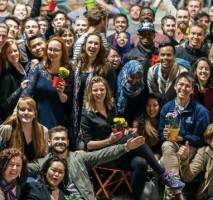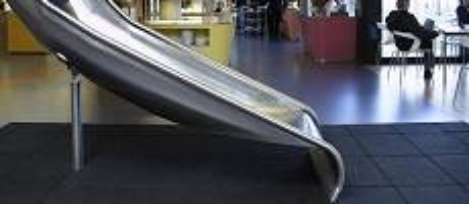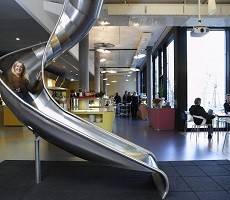June 8, 2016
Cities must lead the way in cutting carbon emissions says IEA 0
 With urban areas accounting for up to two-thirds of the potential to reduce global carbon emissions, cities must take the lead in the transition to low-carbon energy, says the International Energy Agency (IEA) in its annual report. Offering long-term pathways that could limit the global temperature increase to no more than 2°C, in line with the goals set at the Paris climate conference (COP21) in December 2015, the report suggests that the most cost-effective approach involves deploying low-carbon options in cities, especially in emerging and developing economies. Because buildings provide useful space to self-generate the electricity they consume: by 2050, rooftop solar could technically meet one-third of electricity demand. Such buildings offer significant demand potential for the roll-out of the most efficient technologies, like energy-efficient windows and appliances. However, international collaboration is essential, claims the report.
With urban areas accounting for up to two-thirds of the potential to reduce global carbon emissions, cities must take the lead in the transition to low-carbon energy, says the International Energy Agency (IEA) in its annual report. Offering long-term pathways that could limit the global temperature increase to no more than 2°C, in line with the goals set at the Paris climate conference (COP21) in December 2015, the report suggests that the most cost-effective approach involves deploying low-carbon options in cities, especially in emerging and developing economies. Because buildings provide useful space to self-generate the electricity they consume: by 2050, rooftop solar could technically meet one-third of electricity demand. Such buildings offer significant demand potential for the roll-out of the most efficient technologies, like energy-efficient windows and appliances. However, international collaboration is essential, claims the report.




































June 6, 2016
How performance data can help enhance your employment metrics 0
by Andrea Hak • Comment, News, Technology, Workplace